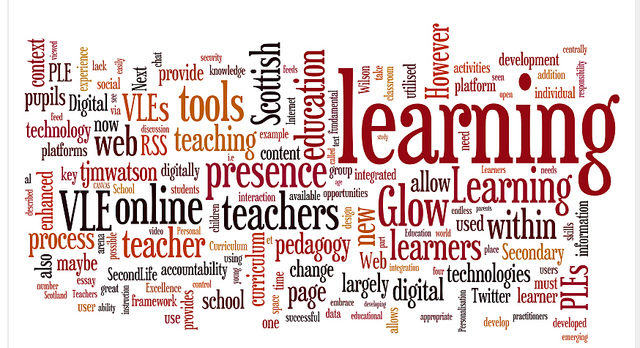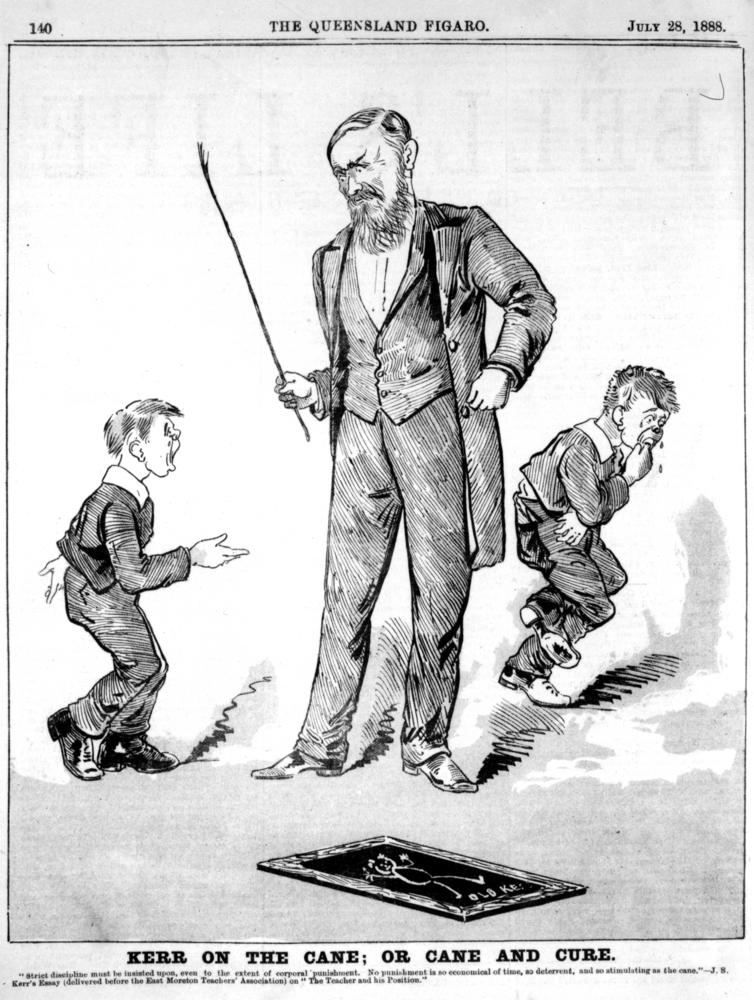There have been a number of models of digital literacy over the last couple of decades.
Groupings by Usage
In 2001, Prensky suggested that younger people thought and processed information in fundamentally different ways compared to older generations. He suggested that younger people (pre 1980s) were ‘digital natives’ and ‘speakers’ of the new technologies, while older people were ‘digital immigrants’ who were able to learn and use the new technologies, but not in the same intuitive way. But this dividing of generations has not been borne out by research (Helsper and Eynon, 2009), and more recent studies have been more nuanced. For example a recent study found that information search competencies have a high-level correlation with information literacy and a low-level correction with digital nativity (Çoklar, Yaman, and Yurdakul, (2017).
As a replacement for Prensky’s model, White and LeCornu (2011) suggested that the creation of Web 2.0 resulted in users behaving in either a resident-like fashion (using sites as social spaces for sharing and discussion), or visitors using the Web in a more instrumental way. It would be expected (according to the Pareto Principle) that visitors would predominate over a small number of ‘noisy’ residents. Wright, White, Hirst, and Cann, (2013) found that there was evidence that the visitor and resident model could be used to map student attitudes to academic use of social networks.

creative commons image taken from https://www.flickr.com/photos/wfryer/39501087882
Continue reading “Encouraging the Online Creation of Knowledge”

